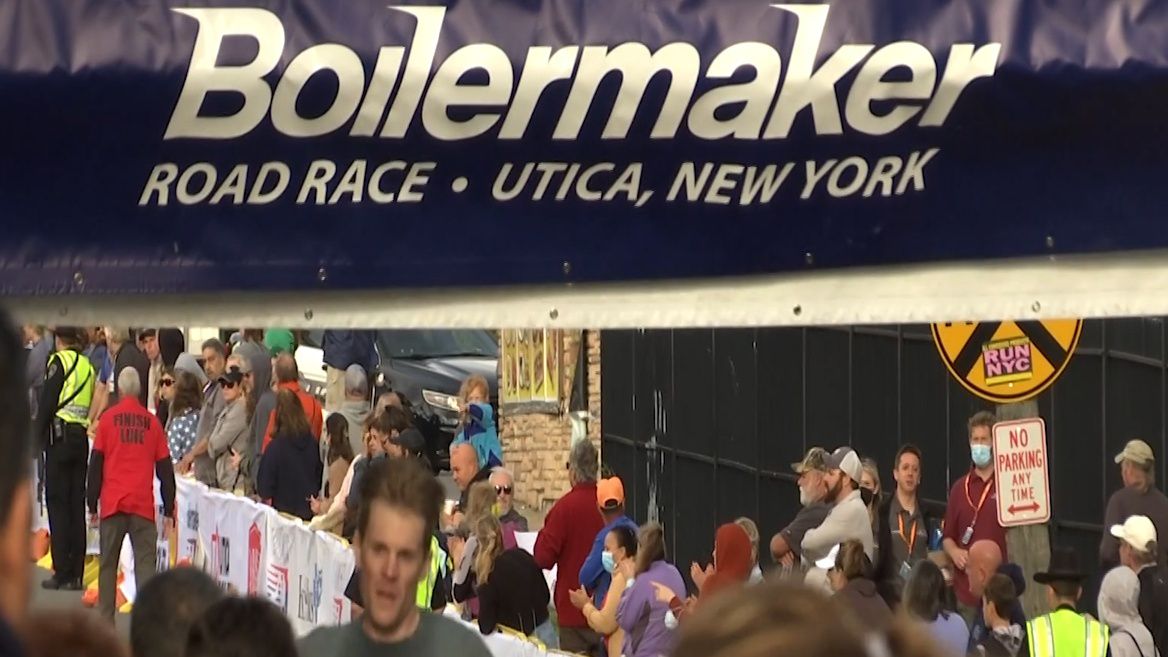According to U.S. Census data, Buffalo, Syracuse and Rochester have the highest poverty rates in children 18 years and younger.
Buffalo’s child poverty rate is more than 42%, with Rochester and Syracuse coming in at more than 48%.
In Rochester and Buffalo, children under 18 make up around 22% of the population, and in Syracuse, around 21%.
“Children — what they see and what they experience — they are not able to go ahead and take affirmative steps right away to change their situation, because they are dependent," noted Frank Ridzi, community investment vice president of the Central New York Community Foundation. "I do think children suffer historically because they have the least agency.”
Ridzi said Syracuse faces some of the highest poverty rates in the nation.
The community foundation has created $2 million in grants for poverty-related programs since 2017.
Though Census data is helpful in identifying those metrics, places like the Community Foundation use other data collection like the Life Needs Assessment, a poll of more than 6,000 people, to track their day-to-day needs.
“We really do use that more immediate data to drive a lot of our month-to-month actions and a lot of that match-making we do among nonprofits to connect nonprofits that have clients with certain needs with other nonprofits that fulfill those needs,” Ridzi said.
Childhood poverty is measured by limitation to, or lack of, resources.
In its efforts to tackle the issue, places like the community foundation supply grants to programs operated by places like PEACE Inc.
The organization in Onondaga County is a federally designated community action agency and, as stated in its mission statement, tries to help people become more self-sufficient.
“I think that people are still trying to figure out ways in which services and programs and decision-making toward those who live in poverty are equitable,” Peace Inc. Community Engagement Director Todd Goehle. “It’s not just surveying someone about their condition. It’s being present. That means being present in the neighborhoods. That means finding ways in which those who you are targeting are directly involved in the decision-making process.”
PEACE runs several programs to be hands-on in communities like Big Brothers Big Sisters, which helps to improve the lives of school-age children with mentoring programs.
The organization also operates Head Start with prepares children for kindergarten.









